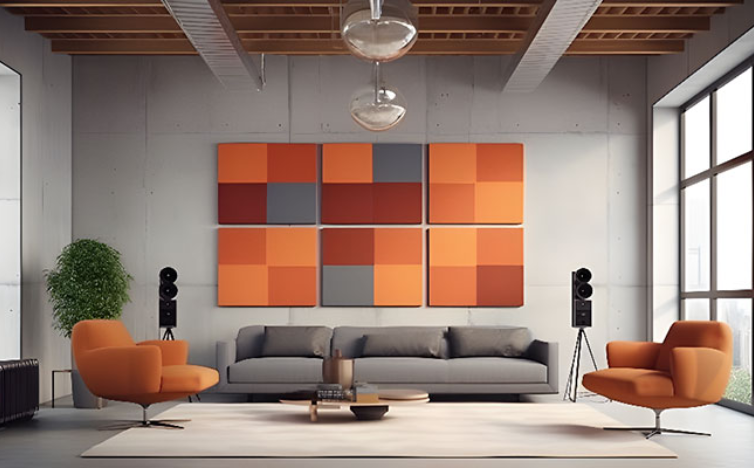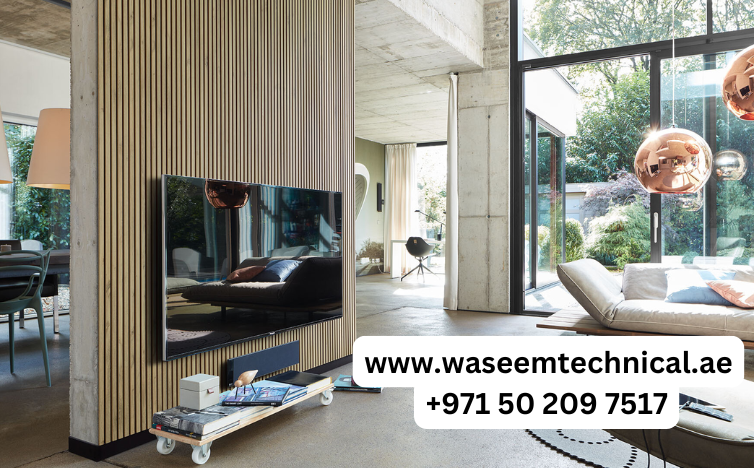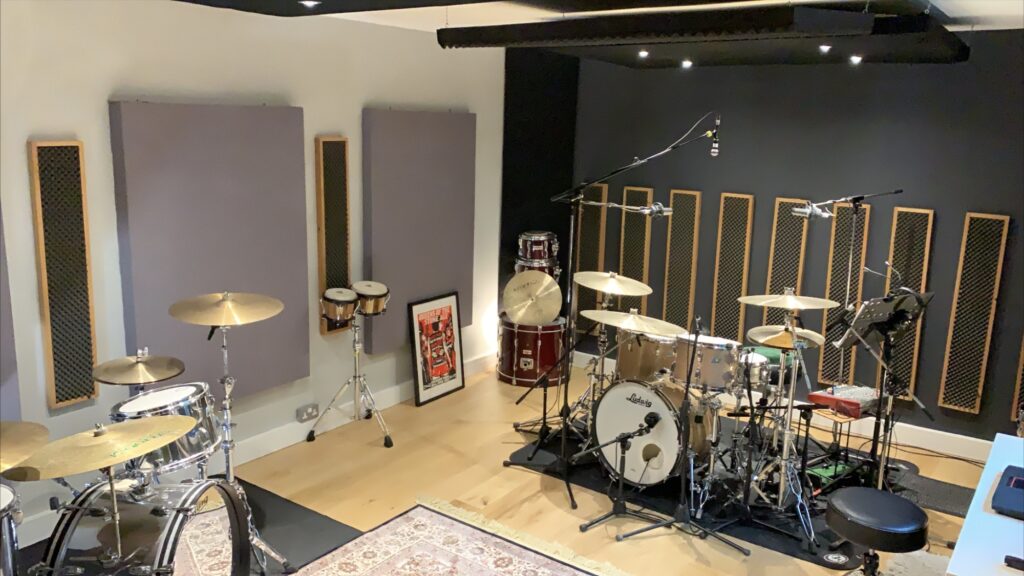Acoustic panels are widely used to control noise and improve sound quality in various spaces. However, environments with high humidity or exposure to water pose unique challenges. This guide explores acoustic panels suitable for wet or humid conditions, their benefits, and how to choose the right ones for your needs.
Why Choose Acoustic Panels for Humid Conditions?
Standard acoustic panels can degrade quickly in damp environments, losing effectiveness and durability. Specialized acoustic panels designed for wet or humid conditions offer long-lasting performance by resisting moisture, mold, and mildew.
Applications include:
- Indoor swimming pools
- Bathrooms and spas
- Kitchens and food preparation areas
- Coastal buildings exposed to high humidity
- Outdoor spaces with partial weather exposure
Features of Acoustic Panels for Wet or Humid Environments

- Water-Resistant Materials
Panels for humid conditions are typically made from materials like PVC, fiberglass, or aluminum composites. These materials are non-porous and resistant to water absorption. - Mold and Mildew Resistance
The panels are treated with antimicrobial coatings to prevent mold and mildew growth, ensuring hygiene and durability. - Durable Construction
These panels are designed to withstand temperature fluctuations and high humidity without warping or degrading. - Easy Maintenance
Smooth surfaces and non-porous materials make these panels easy to clean, a crucial feature for wet or food-preparation environments.
See Also: Are Acoustic Panels Fire-Resistant?
How to Select the Right Acoustic Panels
- Assess the Environment
Determine the level of humidity and potential water exposure in the space. - Choose Appropriate Materials
Opt for panels made from water-resistant materials like PVC or coated fiberglass. Avoid fabric-wrapped panels in highly damp areas unless specially treated. - Consider Acoustic Performance
Ensure the panels provide the desired level of sound absorption or noise reduction while meeting moisture resistance requirements. - Certifications
Look for certifications indicating resistance to water, fire, and microbial growth.
Installation Tips for Humid Environments
- Proper Sealing
Ensure all panel edges are properly sealed to prevent moisture infiltration. - Adequate Ventilation
Maintain ventilation in the space to manage humidity levels and prolong panel lifespan. - Regular Maintenance
Clean the panels regularly to prevent buildup of dirt and moisture that may compromise their performance. - Use Compatible Adhesives
For wall-mounted panels, select adhesives designed for wet or humid conditions to prevent detachment over time.
See Also: Why Wooden Acoustic Panels Are So Popular
Benefits of Acoustic Panels for Wet Conditions
- Improved Sound Quality
These panels enhance acoustics by reducing echo and noise, even in challenging environments. - Durability
Water-resistant panels are built to last in environments where standard acoustic solutions would fail. - Versatility
They are suitable for both residential and commercial spaces, including indoor and semi-outdoor areas. - Enhanced Aesthetics
Available in various designs, colors, and finishes, these panels can complement the decor of any space.
Call us: Contact Waseem Technical Soundproofing Expert in Dubai For Soundproofing: +971 50 209 7517
Conclusion
Acoustic panels designed for wet or humid conditions are essential for spaces where moisture or humidity poses a challenge. By choosing the right materials and ensuring proper installation, you can achieve effective noise control without compromising durability. Whether it’s a spa, a coastal property, or an industrial kitchen, these specialized panels provide a reliable solution to maintain sound quality in any damp environment.




